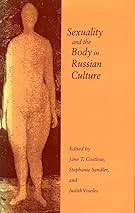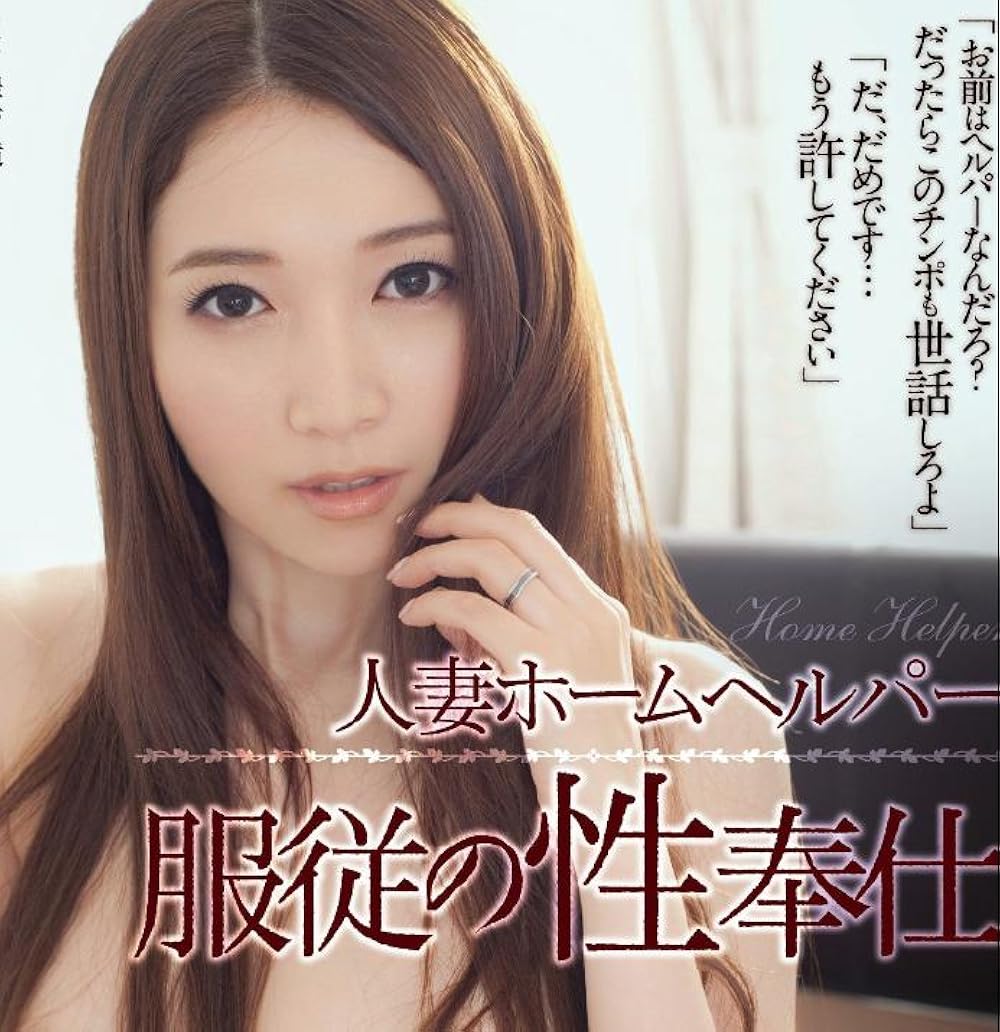Russia, a vast and culturally diverse nation, has a complex history and evolving attitudes toward sexuality. From traditional values rooted in its historical, religious, and social frameworks to contemporary shifts influenced by globalization and technological advancements, understanding Russia’s perspectives on sex offers insight into its societal fabric. This article explores the cultural attitudes, historical context, legal regulations, religious influences, modern trends, and the role of media and technology in shaping sexual expression within Russia.
Overview of Russia’s Cultural Attitudes Toward Sexuality
Russia’s cultural attitudes toward sexuality have traditionally been conservative, emphasizing modesty, family values, and social order. Public discussion of sex has historically been taboo, with openness often reserved for private settings. Despite this, there exists a layered perspective where sexual morality is intertwined with notions of honor, respect, and societal stability. In recent decades, especially among younger generations, there has been a gradual shift toward greater openness and acceptance of diverse sexual identities and practices, influenced by increased exposure to global cultural trends. Nonetheless, traditional views continue to influence attitudes, often balancing modern curiosity with deep-rooted conservatism.
Historical Perspectives on Sexuality in Russian Society
Historically, Russian society has experienced fluctuating attitudes toward sexuality, heavily influenced by political regimes, religious doctrines, and cultural shifts. During the Tsarist era, sexuality was largely repressed, with strict social codes governing behavior, especially among the upper classes. The Soviet period marked a significant departure, promoting state-controlled morality that aimed to suppress individual sexual expression in favor of collective ideals; sexuality was often regarded as a private matter and was heavily censored in media and literature. Post-Soviet Russia has seen a resurgence of openness, with the 1990s ushering in increased visibility of sexuality in public discourse, media, and entertainment, though traditional values still exert considerable influence on societal norms.
Legal Framework and Regulations Surrounding Sex in Russia
Russia’s legal framework regarding sexuality is characterized by a mixture of progressive and restrictive laws. While the country decriminalized certain acts such as consensual same-sex activity between adults in 1993, it maintains laws that restrict the promotion of non-traditional sexual relationships, especially towards minors. The 2013 "Gay Propaganda" law prohibits the dissemination of information about LGBTQ+ topics to minors, reflecting a conservative stance. Laws around age of consent are set at 16, and regulations govern issues such as prostitution, which remains illegal but is often tolerated in practice in certain regions. Overall, Russia’s legal environment tends to prioritize traditional family values and social order, often limiting the scope of sexual rights and freedoms.
Influence of Religion on Sexual Norms and Behaviors
Religion, predominantly Russian Orthodoxy, has historically played a significant role in shaping sexual norms and behaviors in Russia. The Orthodox Church promotes conservative views on sexuality, emphasizing chastity, fidelity within marriage, and the moral regulation of sexual conduct. These religious teachings influence societal attitudes, often reinforcing traditional gender roles and stigmatizing non-conventional sexual practices. Although secularism has increased, religious values continue to impact public policies and social expectations, especially in rural and conservative communities. The church’s stance contributes to ongoing debates about LGBTQ+ rights, reproductive rights, and sexual education, often serving as a moral authority that upholds traditional views on sexuality.
Modern Trends and Changes in Russian Sexual Practices
In recent years, Russia has experienced notable shifts in sexual practices and attitudes, particularly among urban youth and in larger cities like Moscow and St. Petersburg. There is a growing acceptance of diverse sexual identities and lifestyles, accompanied by increased participation in dating apps, social media, and online communities that facilitate sexual exploration and expression. Trends such as premarital sex, cohabitation, and alternative relationship models are becoming more common, especially among younger generations. However, these changes often coexist with conservative social norms, creating a complex landscape where traditional values and modern practices intersect. Public attitudes continue to evolve, influenced by education, exposure to international media, and generational shifts.
Impact of Media and Technology on Sexual Expression in Russia
Media and technology have significantly impacted sexual expression in Russia by broadening access to information and alternative lifestyles. The internet provides platforms for anonymous discussions, education, and community-building around sexuality, challenging traditional taboos. Social media and dating apps facilitate connections and dating practices that might have been difficult in the past, especially for marginalized groups. Despite restrictions on LGBTQ+ content and a conservative media environment, online spaces often serve as outlets for experimentation and advocacy. The penetration of global media has introduced Russian audiences to diverse representations of sexuality, fostering gradual cultural change. Nonetheless, government censorship and societal resistance continue to influence the extent and nature of sexual expression in the digital age.
Russia’s attitudes toward sexuality are shaped by a complex interplay of historical legacies, religious influences, legal regulations, and modern cultural shifts. While traditional values remain influential, contemporary trends and technological advancements are gradually transforming the landscape of sexual norms and practices. Understanding this dynamic environment offers valuable insights into the ongoing social evolution within Russia, reflecting both its rich cultural heritage and its movement toward greater openness and diversity.









